Education
Top 10 Schools in Delhi: A Comprehensive Overviewv
Delhi, the capital city of India, is home to some of the finest educational institutions that provide quality education across various boards such as CBSE, ICSE, and IB. The city’s schools are known for their academic excellence, extracurricular activities, and holistic development of students. Here’s a list of the top 10 schools in Delhi that consistently stand out for their exceptional standards.

1. The Shri Ram School (SRS)
Located in Vasant Vihar and Moulsari, Gurugram, The Shri Ram School is one of Delhi’s premier schools known for its progressive teaching methods. It offers the CBSE and IB curricula and focuses heavily on creativity, critical thinking, and social responsibility.
2. Delhi Public School (DPS), R.K. Puram
DPS R.K. Puram is one of the oldest and most reputed schools in Delhi. It follows the CBSE curriculum and is known for its rigorous academics and excellent infrastructure. The school emphasizes all-round development through sports, arts, and various clubs.
3. Modern School, Barakhamba Road
Modern School is a historic institution that has produced several notable alumni. Known for its holistic approach, the school offers CBSE curriculum and a variety of co-curricular activities, fostering leadership and innovation among students.
4. Vasant Valley School
Situated in Vasant Kunj, Vasant Valley School offers the ICSE curriculum and is recognized for its excellent academic results and emphasis on creativity and innovation. It encourages students to engage deeply with arts, sports, and environmental initiatives.
5. Sanskriti School
Sanskriti School, located in Chanakyapuri, is known for its cultural richness and academic rigor. It follows the CBSE curriculum and offers students numerous opportunities in sports, arts, and community service.
6. The British School, Chanakyapuri
The British School offers an international curriculum (IGCSE and IB) and attracts students from diverse backgrounds. It is well known for its world-class infrastructure and a strong emphasis on global citizenship and multilingual education.
7. Pathways World School, Aravali
Though technically in Gurugram, Pathways World School is popular among Delhi residents seeking international education. It offers the IB curriculum and focuses on leadership, sustainability, and holistic development.
8. American Embassy School (AES)
AES in Chanakyapuri is another international school offering an American curriculum alongside the IB program. It boasts excellent academic results and a wide range of extracurricular opportunities in arts and sports.
9. Mother’s International School
Located in Sri Aurobindo Marg, Mother’s International School offers the CBSE curriculum and is known for its disciplined environment and excellent academic record. The school places importance on value-based education and community service.
10. Sardar Patel Vidyalaya
Sardar Patel Vidyalaya in Lodhi Estate is a well-known CBSE school that has a strong reputation for academic excellence and cultural activities. It encourages students to participate in debates, music, drama, and sports.
Conclusion
These top schools in Delhi are highly sought after for their outstanding academic results, quality infrastructure, and emphasis on extracurricular activities. Choosing the right school depends on various factors including curriculum preference, location, and the kind of environment parents want for their children. These institutions continue to set benchmarks in education and nurture future leaders with a global outlook.
2. Sunder Nursery
Adjacent to Humayun’s Tomb, Sunder Nursery combines heritage with horticulture. This 90-acre garden includes restored Mughal-era monuments, vibrant flower beds, and tranquil water features. It’s ideal for a peaceful, aesthetically pleasing picnic experience.
3. Deer Park
Situated in Hauz Khas, Deer Park is home to deer, peacocks, rabbits, and a large pond. It’s a family-friendly destination with scenic walking trails and open green spaces that offer a welcome break from city life.
4. Garden of Five Senses
This beautifully landscaped garden in Saket is designed to awaken all five senses through its unique layout, aromatic flowers, fountains, and art installations. It is particularly popular among couples and photography enthusiasts.
5. Sanjay Van
Sanjay Van is a sprawling forest near Vasant Kunj and Mehrauli, filled with native flora, fauna, and historical ruins. It’s a favorite spot for trekkers, walkers, and anyone seeking solitude and greenery.
6. Okhla Bird Sanctuary
Located near the Okhla Barrage on the Yamuna River, this bird sanctuary hosts over 300 species of birds, including migratory and rare ones. It’s a haven for bird watchers and a peaceful place for nature-inspired picnics.
7. Nehru Park
Located in the diplomatic enclave of Chanakyapuri, Nehru Park spans 80 acres of lush lawns and shady trees. The park also hosts music concerts and cultural events, making it a lively place for both relaxation and entertainment.
8. Mehrauli Archaeological Park
Spread over 200 acres next to Qutub Minar, this park houses more than 100 historical monuments. The combination of ancient architecture and natural beauty makes it a unique picnic destination for history enthusiasts.
9. Sanjay Lake
In East Delhi, Sanjay Lake is an artificial lake surrounded by forested areas. Boating facilities and children’s play areas make it a great picnic spot for families looking for an active day out.
10. Qudsia Bagh
Located near Kashmiri Gate, Qudsia Bagh is an 18th-century garden with beautiful ruins and greenery. It offers a quiet retreat for those who prefer historical settings and less crowded spaces.
Conclusion
Delhi’s picnic spots cater to a wide range of preferences—from nature lovers and bird watchers to history enthusiasts and families. When planning your picnic, remember to pack essentials, follow park guidelines, and help keep the environment clean so that others can enjoy these green retreats too.
Let me know if you want this as a blog post, social media caption, or printable brochure.
Education
NCERT Labels Mughals Brutal, British as Looters; Gita & Ramayana May Join Curriculum
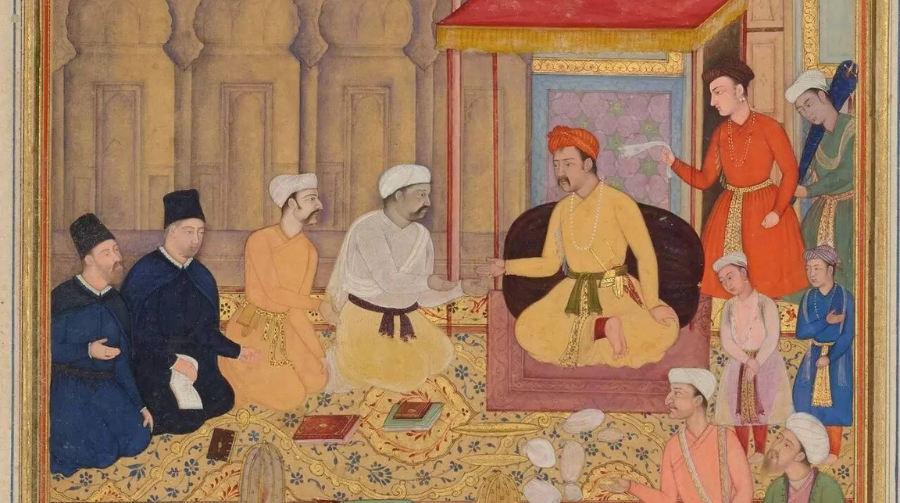
The National Council of Educational Research and Training (NCERT) will introduce significant changes in its Class 8 Social Science syllabus starting next academic year. New language in the “Exploring Society: India and Beyond” textbook now describes Babur as “ruthless and brutal”, Akbar as “brutal but tolerant”, and highlights countless episodes of religious intolerance during the Sultanate and Mughal eras, while also characterizing British colonialists as looters of India’s wealth
In addition, the Uttarakhand government has petitioned NCERT to include verses from the Bhagavad Gita and excerpts from the Ramayana in state school textbooks and morning assemblies for its nearly 17,000 government schools

What’s New in the Textbook?
- Babur is called “brutal and ruthless,” accused of massacring civilians and creating towers of skulls
- Akbar’s reign is presented as a mix of cruelty and tolerance
- Aurangzeb is portrayed for re‑introducing the jizya, destroying temples and gurdwaras, coupled with his military tactics
- The British are explicitly described as plundering India’s treasure .
To maintain balance, NCERT adds a footnote in the section “Note on Some Darker Periods in History”, emphasizing that these depictions are for understanding, not blame—no one today should be held responsible for centuries-old events
Context & Curriculum Shift
- The revised Class 8 textbook reflects a new approach under the National Curriculum Framework 2023, shifting Mughal history from Class 7 to 8 and adopting a more chronological and thematic structure
- NCERT also integrates chapters on modern topics like AI, the Gaganyaan mission, and India’s Ganga river heritage
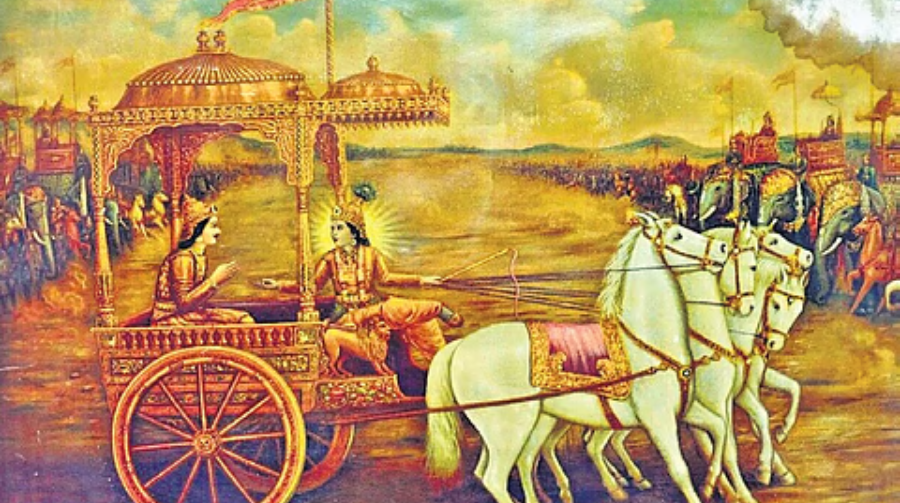
Gita & Ramayana Inclusion Request
- Uttarakhand’s Education Minister Dhan Singh Rawat confirmed that post-revision, students will recite verses from the Gita and Ramayana during prayers until formal inclusion in textbooks occurs
- This move aims to strengthen ethical values and revive India’s spiritual-cultural foundations within education .
The Debate & Controversy
- Critics argue that the heavier focus on Mughal brutality and British looting signals a troubling shift toward “saffronisation” or ideological bias
- Proponents support a balanced narrative that addresses both achievements and darker chapters of Indian history, citing the neutralizing footnotes .
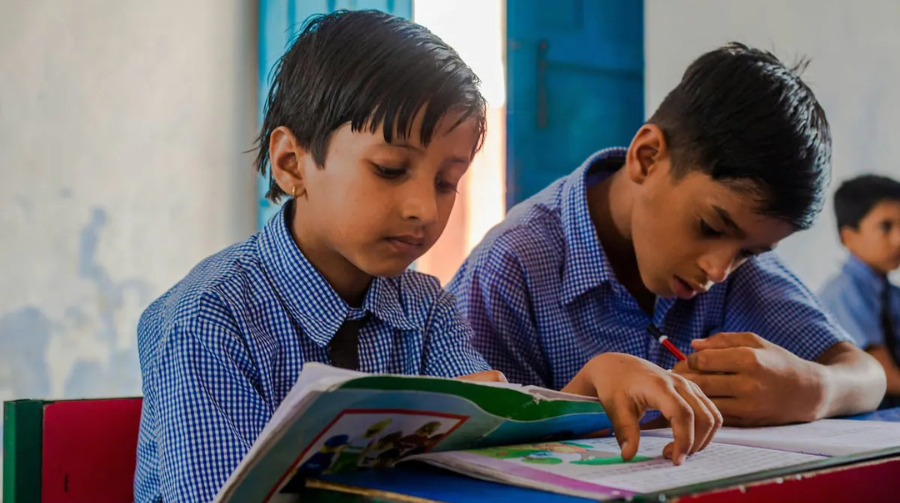
Why This Matters
| Reason | Impact |
|---|---|
| Historical awareness | Teaches students about violence, conquest, and colonial exploitation |
| Cultural identity | Integrates classical Indian texts for moral grounding |
| Educational balance | Combines factual history, modern science, and ethical learning |
| National discourse | Sparks debate over how India’s history should be taught |
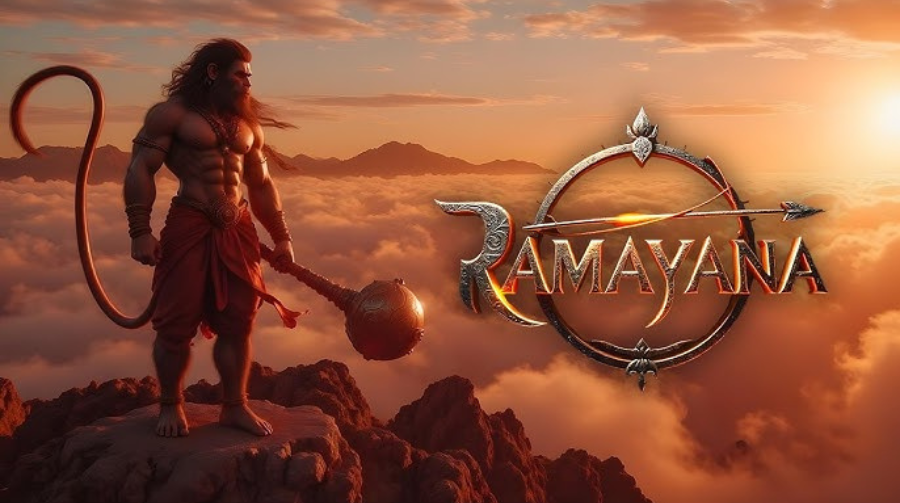
Final Take
NCERT’s updated syllabus seeks to present a nuanced and comprehensive picture of Indian history—not just celebrating its heroes, but also confronting its brutality and colonial exploitation. The proposed inclusion of Bhagavad Gita and Ramayana content reflects efforts to revitalize moral education. As the debate continues, this reform will shape how future generations understand India’s past and values.
Education
Karnataka to Provide Free Bus Services from LKG to PUC, Announces D.K. Shivakumar

Deputy Chief Minister D.K. Shivakumar officially announced that the Karnataka government plans to extend free bus transportation to all students attending Karnataka Public Schools (LKG to PUC) across the state

Why It Matters
- Boosting Government Schools: The initiative aims to enhance attendance and improve education quality by removing travel hurdles for rural and economically disadvantaged students
- Equity Beyond Gender: Previously, only girls benefited from free transport. This expansion will include all students, making the scheme truly inclusive
- Strengthening KPS: By supporting Karnataka Public Schools, the government hopes to reinforce public education and curb dropouts across the state

Details & Next Steps
- Current Status: The announcement is in a preliminary phase; through Transport Minister Ramalinga Reddy, officials confirmed it requires cabinet approval and finance department clearance
- Estimated Cost: Early estimates indicate the scheme may cost around ₹10 crore or more, pending final calculations
- Coordination Underway: The Education and Transport departments are discussing implementation logistics such as bus routes, scheduling, and budget allocation .

Official Statement
On X (formerly Twitter), D.K. Shivakumar posted: The government is committed to the bright future of government school children! … decided to start a free bus service for students studying from LKG to PUC in KPS across the state

What’s Next?
- The proposal will undergo official review, followed by cabinet approval and a rollout plan involving fleet expansion and route mapping.
- Upon successful implementation, thousands of students statewide will have improved access to education.
Education
Sarkari Naukri Craze in 2025: Why Indians Still Flock to Government Jobs
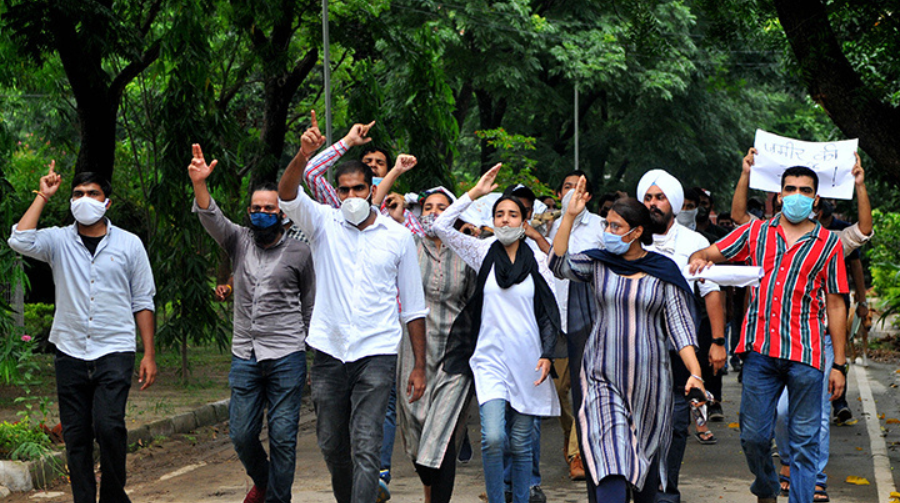
One of the biggest reasons is unmatched job security. While private companies are prone to layoffs and market shifts, government jobs offer long-term stability.
Work-Life Balance
Most government roles have fixed work hours, ensuring a healthier work-life balance — a big attraction for today’s generation.

Social Prestige
Being a government employee still commands high respect in society, especially in smaller towns and rural areas.
Perks and Benefits
From housing allowances and pension plans to medical facilities, the perks are extensive and attractive.

Latest Trends in Sarkari Naukri
- Digital Recruitment: Many exams and interviews have shifted online, making the process more transparent.
- Focus on Skill-Based Hiring: In addition to written exams, more departments are emphasizing skill tests and interviews.
- Diversity Push: Several states have increased reservations to promote inclusivity.
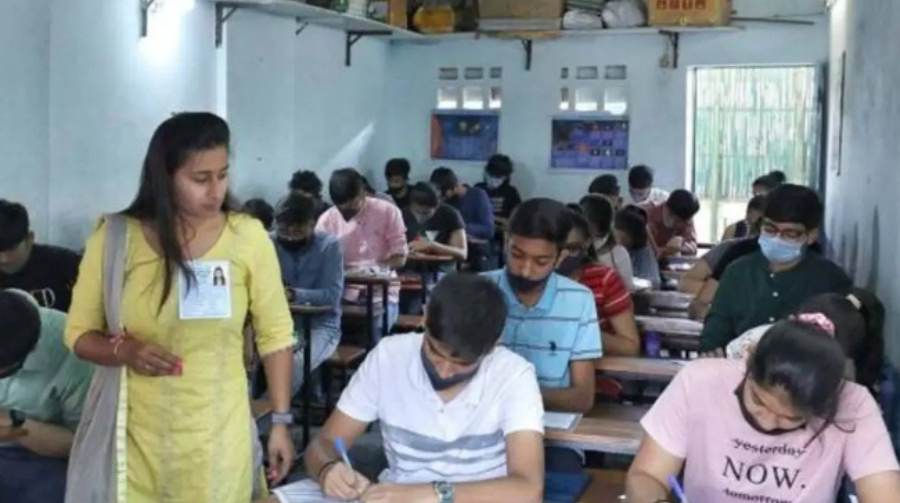
Top Government Exams to Watch in 2025
- UPSC Civil Services Exam: Still the most prestigious, with lakhs of aspirants every year.
- SSC CGL & CHSL: Popular for various clerical and administrative posts.
- IBPS PO & Clerk: Banking jobs continue to draw massive interest.
- Railway Recruitment Board (RRB): Offers a variety of technical and non-technical posts.
- State PSC Exams: Each state conducts its own exams for administrative services.
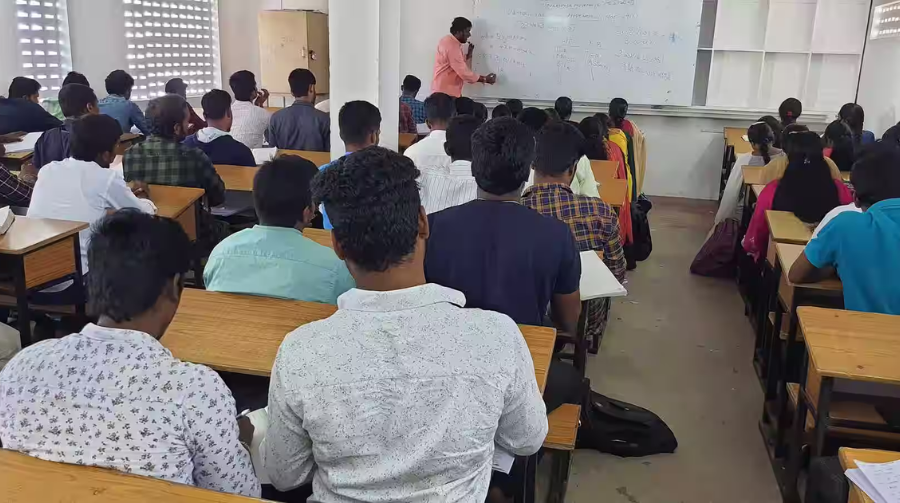
Challenges and Competition
The biggest challenge? Fierce competition. With lakhs of candidates applying for a handful of positions, preparation requires dedication and strategy.
Preparation Tips
- Start early and follow a disciplined schedule.
- Focus on mock tests and previous years’ papers.
- Stay updated with current affairs — a crucial component of almost all exams.
-

 Celebrity Lifestyle6 months ago
Celebrity Lifestyle6 months agoEx-Cricketer Shikhar Dhawan Buys Ultra-Luxury Apartment Worth ₹69 Crore in Gurugram
-

 Glamour & Entertainment5 months ago
Glamour & Entertainment5 months agoTelegram Channels Disseminating Pro‑Russian Propaganda in Poland
-
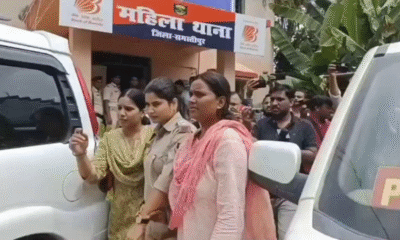
 Crime & Investigation3 months ago
Crime & Investigation3 months agoDelhi Police SI Neetu Bisht Caught Taking ₹20 Lakh Bribe – Shocking Details Emerge in Corruption Probe
-

 Business5 months ago
Business5 months agoAmazon sets 30‑day relocation deadline for corporate staff—opt out by resigning in 60 days
-
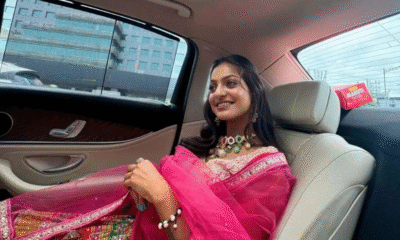
 Celebrity Lifestyle5 months ago
Celebrity Lifestyle5 months agoMaha Kumbh Girl Monalisa seen in car allegedly worth ₹1 crore
-

 Entertainment5 months ago
Entertainment5 months agoAbhijeet & Dr Tarika Reunite in CID 2 — Fans Say ‘Clear the Misunderstanding Now
-

 Education5 months ago
Education5 months agoNEET UG Controversy Explained: Paper Leak, Impersonations & Ongoing Probe
-

 Bollywood3 months ago
Bollywood3 months agoNo ₹3 Lakh Fine or 2-Year Jail: The Truth Behind the ‘Hakla’ GIF Buzz




